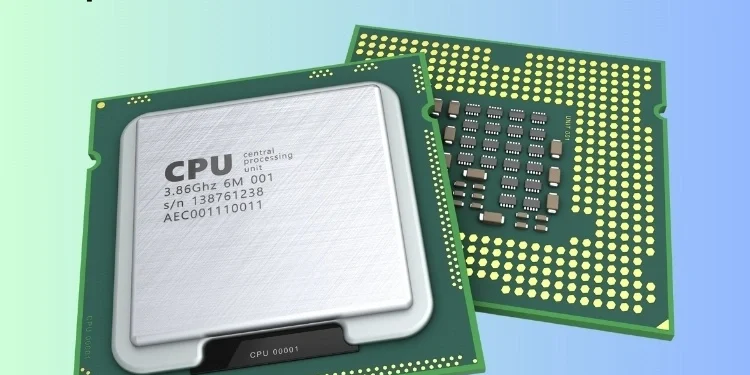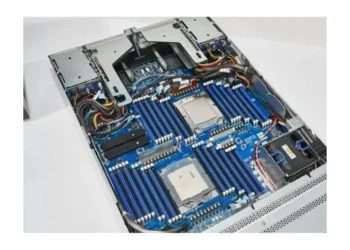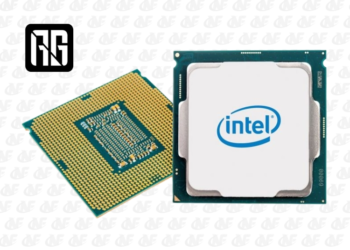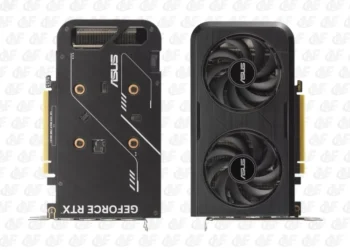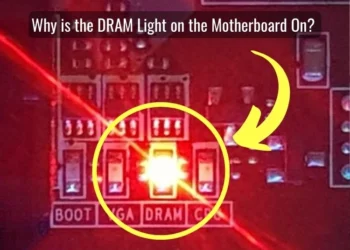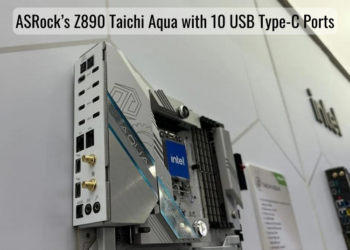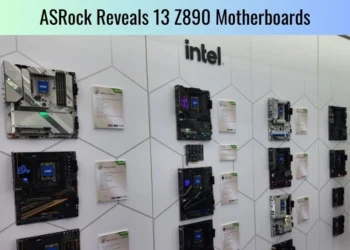Selecting the right CPU for your computer build can seem overwhelming with so many different processors available. However, focusing your search on the proven LGA 1151 socket can make the decision much more manageable.
This widely compatible connection type supports various Intel CPU generations, offering a good balance of performance and upgrade potential. Let’s examine the top “LGA 1151 CPU List” contenders and what each offers.
Socket 1151 LGA: An Overview
Intel has been using the LGA 1151 socket since 2015 and remains a popular choice among PC builders thanks to its longevity. Known by the technical name “Land Grid Array,” this CPU connection supports multiple processor generations, including the 6th, 7th, 8th, and 9th.
With the correct motherboard, you can get years of use out of your system by upgrading the CPU as newer models become available. It’s crucial to understand that not all CPUs within these generations are compatible is vital. Some require different sockets entirely. However, focusing our search on proven LGA 1151 chips simplifies matters.
We’ve researched the specs and reviewed user feedback to compile this comprehensive guide on the socket’s top processors. Whether you prioritize power, efficiency, or affordability, there is an option here to meet your needs.
The LGA 1151 CPU List
| CPU | Generation | Cores/Threads | Base Clock | Boost Clock | Generation |
| Intel Core i9-9900K | 9th Generation | 8/16 | 3.6 GHz | 5.0 GHz | 9th |
| Intel Core i7-9700K | 9th Generation | 8/8 | 3.6 GHz | 4.9 GHz | 9th |
| Intel Core i5-9600K | 9th Generation | 6/6 | 3.7 GHz | 4.6 GHz | 9th |
| Intel Core i3-9100F | 9th Generation | 4/4 | 3.6 GHz | 4.2 GHz | 9th |
| Intel Core i9-10900K | 10th Generation | 10/20 | 3.7 GHz | 5.3 GHz | 10th |
| Intel Core i7-10700K | 10th Generation | 8/16 | 3.8 GHz | 5.1 GHz | 10th |
| Intel Core i5-10600K | 10th Generation | 6/12 | 4.1 GHz | 4.8 GHz | 10th |
| Intel Core i3-10100 | 10th Generation | 4/8 | 3.6 GHz | N/A | 10th |
| Intel Pentium Gold G5600F | Pentium Gold Processors | 2/4 | 3.9 GHz | N/A | 8th |
| Intel Pentium Gold G5600 | Pentium Gold Processors | 2/4 | 3.9 GHz | N/A | 8th |
| Intel Pentium Gold G5500T | Pentium Gold Processors | 2/4 | 3.2 GHz | N/A | 8th |
| Intel Celeron G4920 | Celeron Processors | 2/2 | 3.2 GHz | N/A | 8th |
| Intel Celeron G4900T | Celeron Processors | 2/2 | 2.8 GHz | N/A | 8th |
| Intel Xeon E-2288G | Xeon Processors | 8/16 | 3.7 GHz | N/A | 2nd |
| Intel Xeon E-2278GE | Xeon Processors | 8/16 | 3.3 GHz | N/A | 2nd |
Intel 9th Generation Core Processors: Pinnacle LGA 1151 Performance
Still considered some of the most potent LGA 1151 processors, Intel’s 9th-gen Core i9, i7, i5, and i3 chips offer cutting-edge speeds and threading. With optimized 14nm architectures, enhanced power efficiency, and boosted single-core performance essential for gaming, these CPUs set the bar for the socket.
The flagship Intel Core i9-9900K takes the crown with its eight cores/16 threads, which deliver extreme multitasking muscle. It is a gaming and productivity powerhouse with a 5.0GHz turbo and proven overclocking headroom.
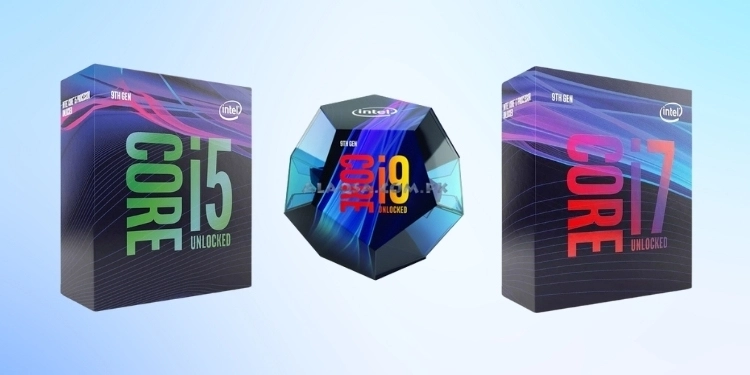
For more reasonable budgets, the 8-core Intel Core i7-9700K brings near-identical performance at a lower price. Its specs are so similar that choosing this Intel Core alternative won’t bottleneck high-end systems.
Delivering smooth 1080p gameplay and multitasking prowess, the 6-core Intel Core i5-9600K proves a solid midrange pick. Its aggressive 4.6GHz boost takes performance very close to flagship levels.
10th Gen Comet Lake Processors: Socket 1151’s Pinnacle Refresh
While nearly matching their predecessors, Intel’s 10th-generation Core processors refined the tried-and-tested 14nm recipe. Raising core counts and frequencies, enhanced thermal designs and new Hyper-Threading support lifted the socket’s ceiling even higher.
As LGA 1151’s new champion, the 10-core/20-thread Intel Core i9-10900K sets new multitasking standards. It can zippy 5.3GHz speeds when conditions allow via Thermal Velocity Boost.
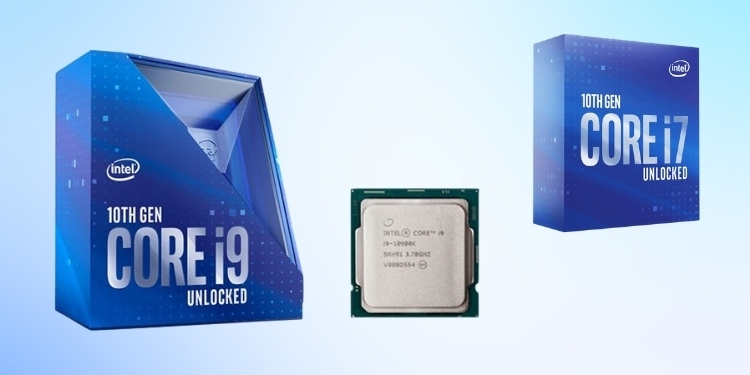
For a more reasonable price, the 8-core Intel Core i7-10700K seamlessly substitutes for enthusiasts. Only a hair slower, it demands a worthy cooling solution to unleash its full potential.
Those seeking the sweet spot will appreciate the unlocked Intel Core i5-10600K and its zippy single-threaded performance, aided by hyper-threading’s multi-tasking muscle.
Intel Pentium and Celeron: Affordable LGA 1151 Essentials
While Intel’s Core CPUs dominate performance conversations, don’t sleep on the company’s more affordable Pentium and Celeron lineup. These low-cost contenders bring primary productivity and web browsing essentials at wallet-friendly prices.
The snappy Intel Pentium Gold G5600 delivers dual cores and Hyper-Threading to squeeze surprisingly smooth performance out of limited hardware. Its sub-$100 MSRP makes it tough to beat for light workloads.
For essential office productivity on a tight budget, the dual-core Intel Celeron G5900 provides all the multitasking mojo needed at about half the price of competing chips. Integrated graphics let it double as a secondary display adapter.
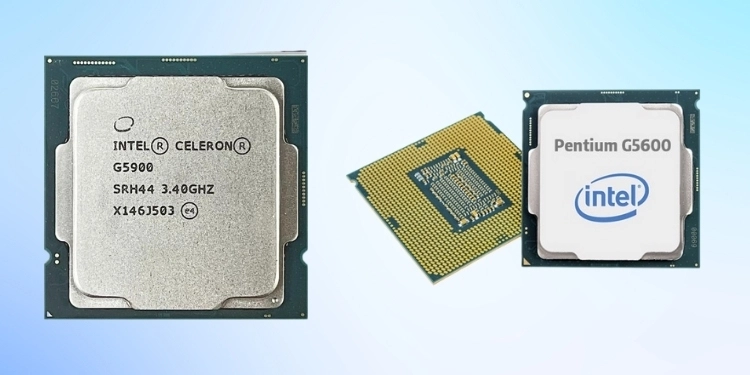
Socket 1151 Compatible Xeon Workstation Processors
While mainly intended for workstations and servers, some advanced Xeon chips make for potent high-core count upgrades in compatible LGA 1151 builds. These professional CPUs, offering ECC memory support and reliability enhancements essential for 24/7 operation, handle parallelized workflows like a champ.
Power users will enjoy the compute density of chips like the 8-core Intel Xeon E-2278G. Featuring 16 threads, ample cache, and high frequencies out of the box, it leverages Hyper-Threading efficiently to turbocharge parallel applications.
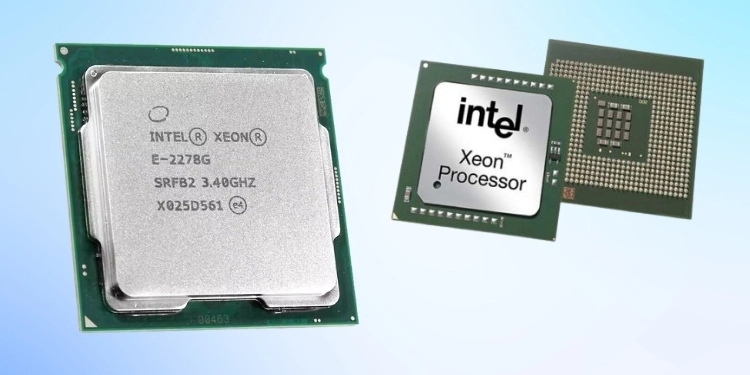
The balanced Intel Xeon E-2225 brings quad-core performance at an approachable price. With ECC memory support to safeguard important data, it tackles code compiles, rendering jobs, and more relatively quickly.
Which LGA 1151 CPU is Best for You?
Hopefully, this breakdown has simplified the selection process. Whether you need gaming intensity, workstation prowess, or budget affordability, the versatile LGA 1151 socket covers you.
Be sure your motherboard BIOS supports the CPU generation before purchasing. With the correct chip, your system can thrive for years thanks to this socket’s longevity and flexibility.

